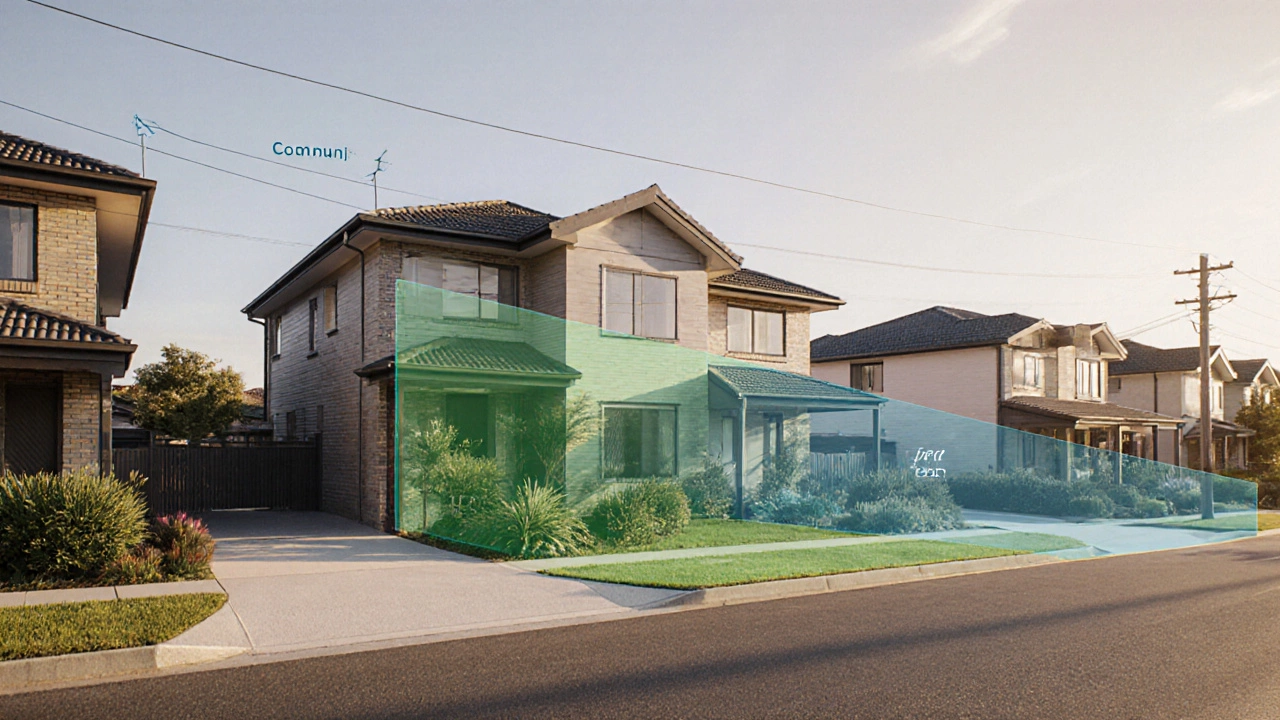Townhouse Land Ownership: What You Need to Know
When dealing with townhouse land ownership, the legal right to the land beneath a townhouse unit. Also known as land title for townhomes, it determines who can sell, mortgage or modify the property. This concept is the cornerstone of any townhouse purchase because without a clear title, you risk disputes or loss of investment.
Townhouse, a multi‑unit dwelling that shares walls with neighboring homes while retaining a private entrance often confuses buyers who think they own the entire building. In reality, owners usually hold a land title, the recorded document that proves ownership of the land parcel and a portion of the common areas. Understanding this split is crucial – it influences financing options, resale value and the ability to make renovations. A clear title also protects you from future legal challenges, making it an essential part of secure townhouse ownership.
Key Aspects of Townhouse Land Ownership
Townhouse land ownership encompasses three core responsibilities: maintaining the land parcel, paying the associated property tax, the recurring levy based on assessed land value, and adhering to the rules set by the homeowners association, the governing body that enforces community standards and manages shared amenities. Property tax directly affects your monthly cash flow, while HOA guidelines can dictate everything from paint colors to fence heights. Ignoring either can lead to penalties, fines, or even legal action, so staying informed is non‑negotiable.
One often‑overlooked factor is zoning. Local zoning ordinances determine whether you can add a deck, subdivide the lot, or convert the unit to a short‑term rental. These rules intersect with land title rights; a title might grant you ownership, but zoning can restrict how you use that land. Knowing the zoning classification of your parcel helps you plan improvements and avoid costly retrofits.
Financing a townhouse also depends on how the lender views the land title. Some lenders require a clean title report, while others may ask for a separate mortgage on the land portion. This distinction influences interest rates and loan terms. Additionally, a well‑documented title can speed up the closing process, saving you time and stress.
Insurance coverage is another piece of the puzzle. Your policy should reflect both the structure and the land beneath it. Gaps in coverage can leave you exposed to natural disasters, liability claims, or damage to shared spaces managed by the HOA. Review policy details annually to ensure they align with any changes in property tax assessments or HOA fees.
Finally, resale value hinges on how clearly the land title is defined and how well you’ve complied with tax and HOA obligations. Buyers look for a hassle‑free transfer, so maintaining up‑to‑date records and a clean payment history makes your townhouse more marketable. When you’re ready to sell, a clear title can be the difference between a quick sale and a prolonged negotiation.
Below you’ll find a curated collection of articles that dive deeper into each of these topics – from decoding affordable housing ordinances to mastering Virginia rental laws. Explore the posts to get actionable tips, real‑world examples and step‑by‑step guides that will help you manage every aspect of townhouse land ownership with confidence.
Understanding Townhouse Land Ownership in Australia
by Arjun Mehta Oct 10 2025 0 LandLearn how to confirm who owns the land around your townhouse, understand private, common, and stated areas, and avoid common ownership pitfalls.
READ MORE